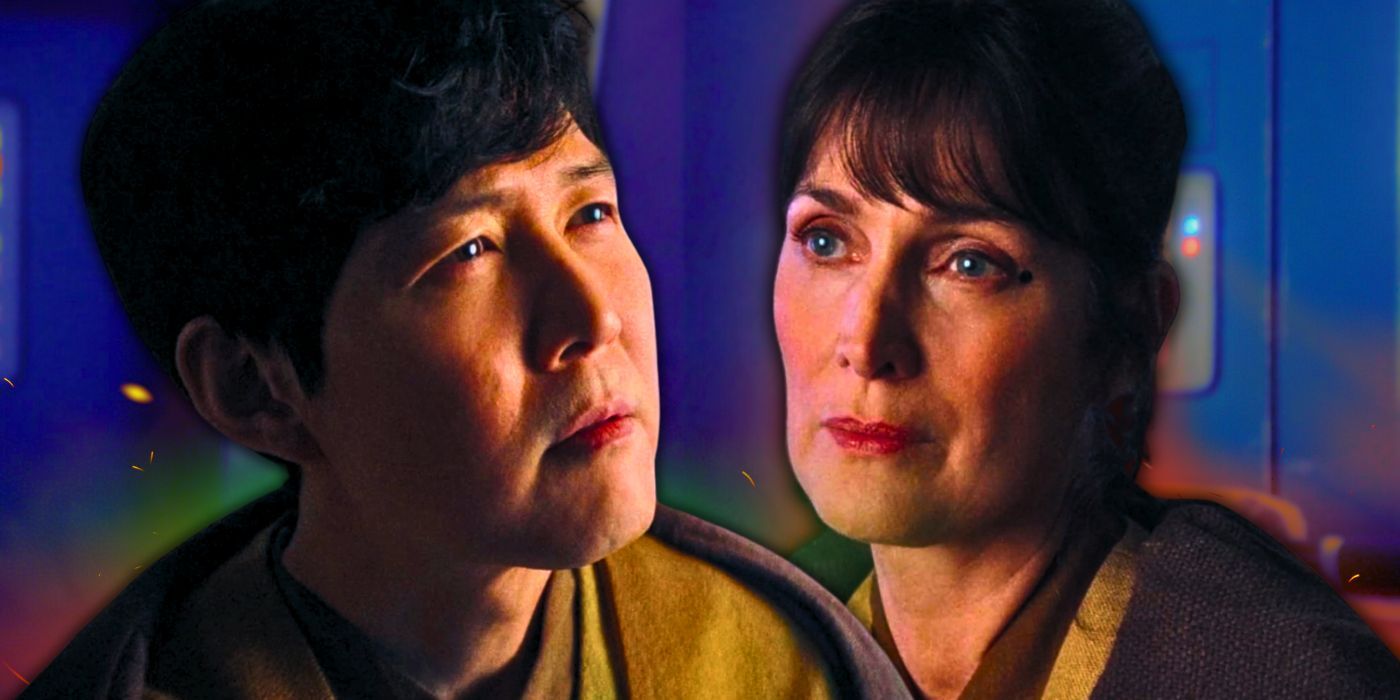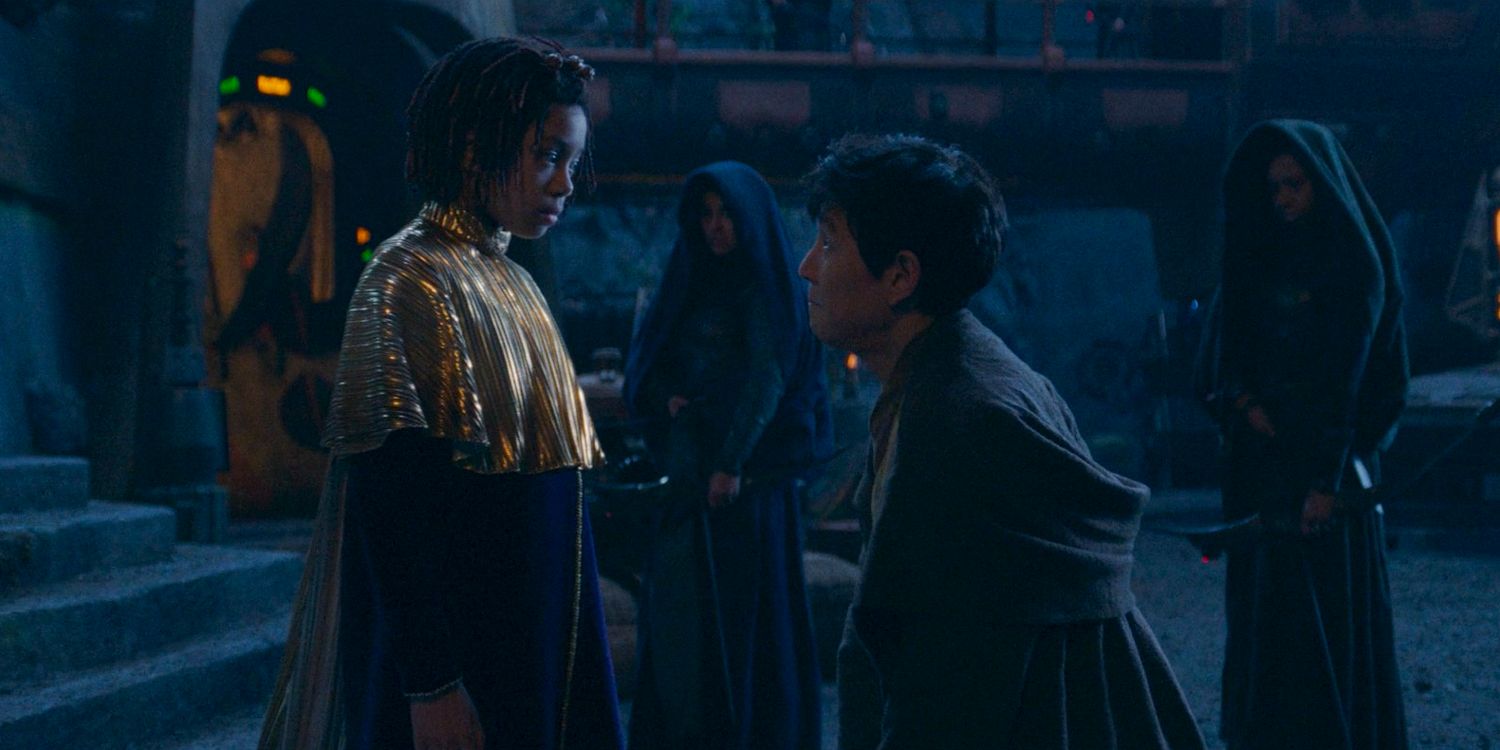
The Star Wars prequel trilogy was a study of all that was wrong with the Jedi Order. By that time, they had retreated from the galaxy, and they feared the dark side rather than seeing it as a natural part of the Force. And yet, despite these issues, the Jedi still saw themselves as the ultimate protectors of the light, sure that their knowledge and experience would protect them from the darkness. Of course, they were ultimately and tragically proven wrong. However, their pridefulness manifested in many ways, and one moment in The Acolyte is a perfect example.
Sol’s Words To Osha Hint At The Greatest Jedi Flaw

In The Acolyte episode 3, “Destiny,” four Jedi encounter a coven of Force-sensitive witches on the planet Brendok – a coven which includes twin girls, Osha and Mae, who are both sensitive to the Force as well. Once she meets the Jedi, Osha is immediately excited by the prospect of joining them and seeing the galaxy. Trying to support Osha’s excitement, Jedi Master Sol says to her: “I knew I was different from my family. The Jedi saw how special I was,” and explains that he chose to join the Jedi when he was only four years old.
If the Jedi view their connection with the Force and their role as Jedi as being special when compared to other beings, how can they possibly serve them fairly and effectively?
Consider that wording, though. If Sol was “special” in comparison to his family, then that makes it seem as though his family was somehow inferior. Perhaps Sol didn’t mean anything by it and was just trying to forge a connection with a curiously frightened child. It does speak to a larger issue with the Jedi, however. If they view their connection with the Force and their role as Jedi as being special when compared to other beings, how can they possibly serve them fairly and effectively? Pride in one’s abilities can easily become something more sinister.
The Jedi Forgot Their Purpose Was To Serve The People
At some point between the High Republic era and the Skywalker saga, the Jedi forgot that their main purpose was to serve and protect all “luminous” life, regardless of their connection to the Force or their standing in the galaxy. During the High Republic, the Jedi were scattered on hundreds of planets, lending aid to those in need and expecting nothing in return. Hundreds of years later, the Jedi were beholden to the will of the government and their fears. They no longer served people simply because they wanted to. They served people only when they absolutely needed to.
The Jedi Order’s overall pride was an undeniable part of their downfall. They couldn’t see past their successes and thousand-year history and let their arrogance blind them to the truth. Yet that moment in The Acolyte proves, however subtly, that this was happening on an individual level as well. If every Jedi saw their connection to the Force as something inherently “special,” despite there being 10,000 Jedi and plenty of other Force-sensitives from other cultures in the galaxy, the collective was never going to fare much better. Star Wars: The Acolyte is slowly setting up the Jedi Order’s tragic future.





